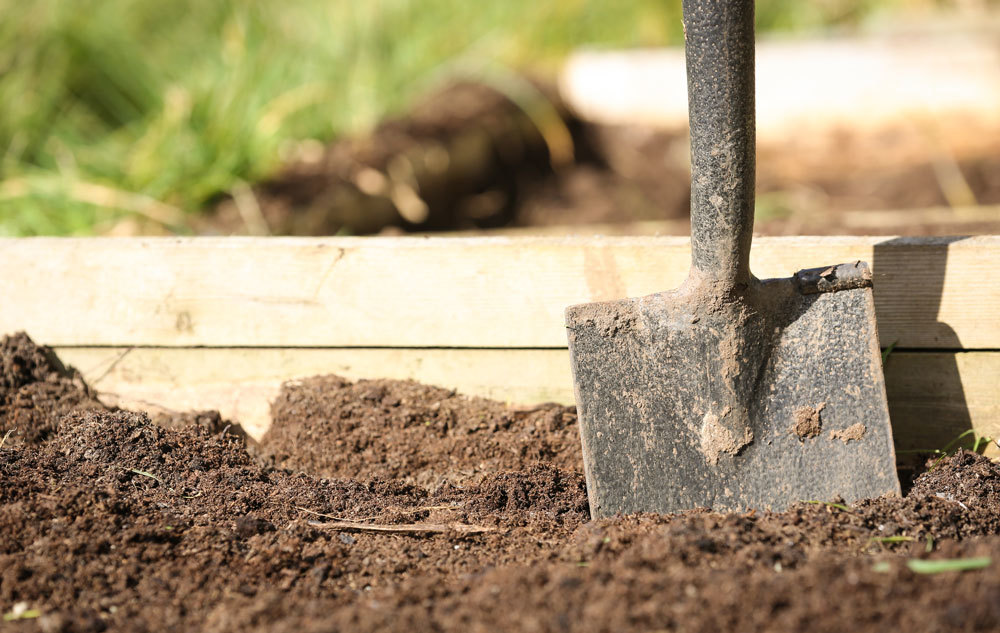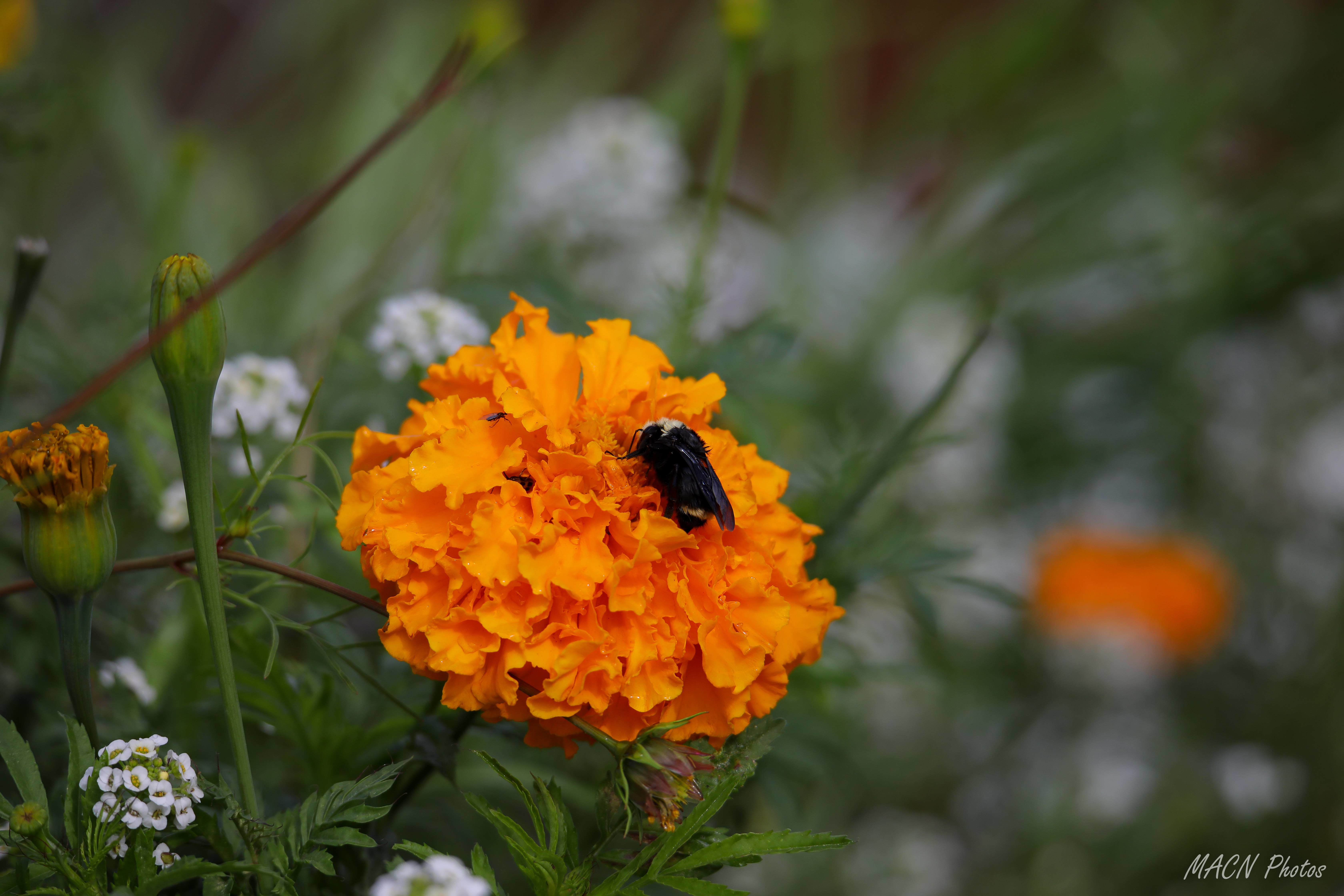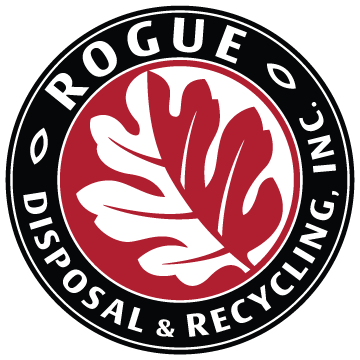Being compostable doesn’t always mean better for the environment: The trouble with “compostable” packaging and serviceware

The leaves, grass clippings and yard debris Rogue Disposal & Recycling collects during the year all become a nutritious — and natural — part of Rogue Compost. The quality of our nutrient-rich composts help create healthier and more resilient soil for use in everything from lawns, flower beds and landscaping to orchards, gardens, vineyards and more. Quality compost also helps the soil retain moisture and better absorb and store nutrients. It may even reduce the need for synthetic fertilizers, pesticides and herbicides.
Over the past decade, something else had been showing up in yard debris recycling roll carts and at the recycling center. “Compostable” packaging and serviceware — plates, cups and utensils. While it sounds good, the reality is that these materials aren’t as compostable as you’d think — and they’re actually hurting the quality and integrity of all-natural compost.
Recently, leaders from compost, recycling, and other related companies around the region came together to provide the public with information on this subject. Click here to download a copy of their educational piece: A Message From Composters Serving Oregon: Why We Don’t Want Compostable Packaging and Serviceware
Keeping the compost stream clean matters. Learn more from Oregon Composters.
Composting is a great way to recycle organic material — such as leaves, lawn clippings and garden waste — into a rich soil amendment with multiple benefits for the yard or garden. Unfortunately, “compostable” packaging and serviceware items are limiting the benefits of successful composting. Here’s how:
They don’t always compost. Not all “certified” compostable items actually compost — or break down — as fully or quickly as they need to in order to be used for compost. This is because certification standards test compostability in a lab, not in the “real world.” As a result, compost including these materials ends up with clumps of uncomposted material mixed in.
Contamination is bad for compost. Too often, non-compostable look-alike products end up in the compost mix. Things like plastic forks and wax-treated coffee cups not only aren’t compostable, they’re not even recyclable. So they have to be removed from the compost stream. This increases costs and degrades the quality of the product, making it harder to sell.
Reusable dishware is almost always a better choice for the environment. Consider replacing compostable plates and silverware with washable dishes whenever possible.
Quality levels can’t be maintained. Compost makers don’t want their products contaminated with fragments of packaging and serviceware and customers won’t buy them. When fewer people use compost, its true environmental benefits aren’t fully realized.
Organic farmers won’t use it. Farmers often use compost in the production of certified organic foods. But they can’t if the compost contains clumps of “compostable” packaging and serviceware. The national standards not only prohibit but render the compost uncertifiable for use on organic farms and gardens, and if used, the farms can lose their organic certification.
They may threaten human and environmental health. Compostable packaging designed for water and grease resistance, as well as other types of packaging, may contain chemicals that can transfer into the finished compost. From there, these chemicals can transfer to ground and surface water where they can be taken up by plants. This can lead to negative health impacts.
Higher costs with no positive value. Accepting compostable packaging and serviceware often requires processors to alter their processes — including adding water, using more energy and spending additional resources to produce finished compost.
Negative environmental impact. According to Oregon DEQ, compostable serviceware often has a larger lifetime environmental footprint than non-compostable items. For example, compostable materials may require more fossil fuel use, release more greenhouse gases, or result in more ecological toxins than their non-compostable counterparts, due mostly to how they’re made. Just because something is compostable doesn’t mean it’s better for the environment.
The benefits of recycling can surpass the benefits of composting. Some items, like paper, can either be recycled or composted. Generally speaking, recycling manufactured materials back into new products or packaging provides greater overall environmental benefits than composting does.
Good intentions aren’t being realized. Compostable items often cost more — sometimes up to five times more — than their non-compostable alternatives. Considering the negative impact these materials can have on compost, there are much better ways to spend that money to help the environment.
Green waste is best for compost

The items that truly belong in your yard debris roll cart are organic waste — leaves, flowers, plant matter and garden waste. These items can be composted to restore soils and conserve resources. Compostable packaging and serviceware doesn’t help achieve these goals. Please help us protect the environment and create high quality compost products by keeping “compostable” packaging and serviceware out of the yard debris roll cart.
Share This
